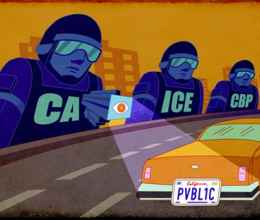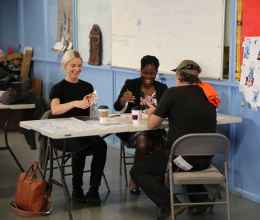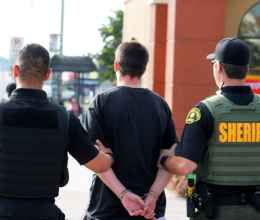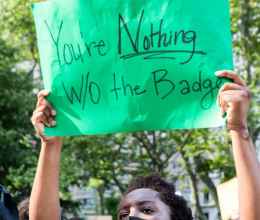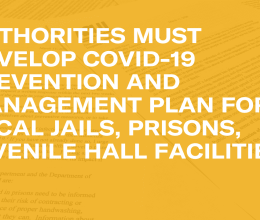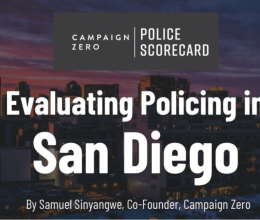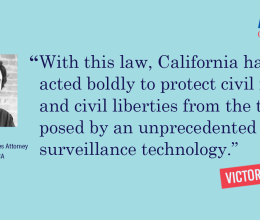In a case challenging fundamental invasions of privacy, the San Diego ACLU and Morrison & Foerster announced a settlement concerning the San Diego Police Department’s collection of DNA samples from five community members. The case settled in advance of a lawsuit that would have charged that police officers violated privacy rights under the U.S. and California Constitutions by taking the DNA samples without a warrant, consent or exigent circumstances.
The settlement provides for compensation and the destruction of all five individuals’ DNA samples, profiles, records and analyses from all databases maintained by the City of San Diego, including back-up files. The City of San Diego must certify that the DNA records covered by the settlement were deleted, and must request that any agency—governmental or otherwise—with which it shared the DNA samples also destroy all samples and delete any related records.
The case stems from an incident in November 2011, when numerous police officers arrived at the home of Delane Beaner in southeast San Diego. Her son, Chris Hill, was a parolee who listed the address as his residence. Although Hill was not there, the officers detained Beaner, her brothers Derick and Taron Beaner and her children Demairus Davis and Dewanya Sudduth for more than two hours while they searched the house, garage and yard. The officers handcuffed all of the family members except Ms. Beaner.
After completing the search and finding firearms in the garage, officers demanded DNA samples from all of the family members, although none of them was ever arrested or charged with any offense justifying the collection of their DNA, and the city’s own analysis of the DNA samples did not link them to any of the firearms. All of the family members objected to the taking of their DNA, and they continued to object even when the officers erroneously claimed that because the home had become a “crime scene,” they were authorized by law to collect DNA samples from all present.
“Our bodies and our DNA belong to us,” said David Loy, legal director of the ACLU of San Diego & Imperial Counties. “The police officers had no business casting this kind of DNA dragnet. I’m glad the City of San Diego has agreed to take steps to cure this fundamental invasion of privacy. Although the city did not admit liability, this settlement shows the community that privacy matters.”
“DNA provides a treasure trove of information—the most fundamentally private information that any person possesses,” said Chris Dalton, attorney with Morrison & Foerster. “Absent unusual circumstances, a citizen is entitled to the very highest expectation of privacy with respect to his or her DNA. The California Constitution recognizes an inalienable right of citizens to a legally protected privacy interest not only in our bodily integrity, but also in our biological and genetic profile information.”
If filed, the lawsuit would have stated that by unlawfully detaining the family members beyond the proper scope and duration of a legal parole search, and collecting their DNA without a warrant, consent or exigent circumstances, the police officers violated the plaintiffs’ Fourth Amendment rights against unreasonable searches and seizures, as well as their privacy rights under California law.
The ACLU and Morrison & Foerster note that once the incident was brought to the attention of the Office of the City Attorney, the city conducted a fair investigation and cooperated by working toward a settlement without resorting to litigation. The city’s efforts in that regard are appreciated.
# # #


